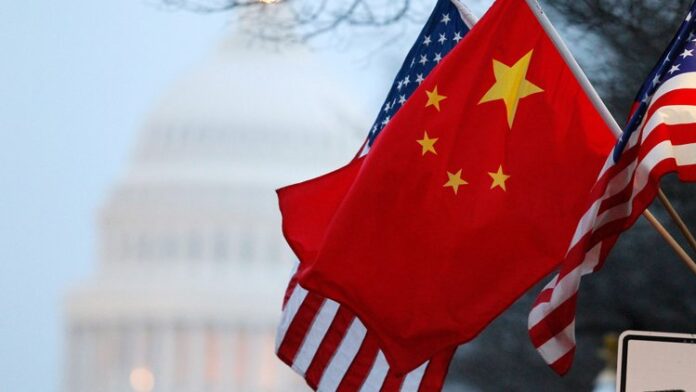
(TibetanReview.net, Apr22’21) – In its new Bill to counter China, the United States has included policies for Tibet, Taiwan, Hong Kong, Xinjiang, and other the problem areas of the People’s Republic of China, where it aims to uphold democratic values against China’s oppression, reported the hindustantimes.com Apr 22.
The 283-page bill, crafted by the Senate Foreign Relations Committee and unveiled early in April, is designed to counter China’s economic and geopolitical power.
The report noted that Section 136 of the Bill, which deals with how the US will support independent media and counter disinformation, calls on the US Agency for Global media to increase funding for Radio Free Asia’s Mandarin, Tibetan, Uyghur and Cantonese language services. It was reported to note how China spends extensively on influence operations even in western countries. For example, China spent $500,0000,000 on an advertising campaign to attract cable viewers in Australia, it was cited as saying.
“The United States and European nations share serious concerns with the repressions being supported and executed by the government of China in Tibet, Hong Kong and Xinjiang,” the Bill was quoted as saying. It is stated to urge the US government to continue implementing measures to address China’s specific abuses in these regions and to build joint mechanisms and programmes to prevent the export of China’s authoritarian governance model to countries around the world.
The Bill requires the US government to see whether Chinese companies operating in US capital markets had contributed to the repression of religious and ethnic minorities within China, including Xinjiang Uyghur Autonomous Region or Tibet Autonomous Regions, during an annual review of such companies.
In its regional strategies to counter the People’s Republic of China, the United States is stated to have listed Tibetan Buddhists among those whom the US wants to promote the values of democracy and human rights.
The Bill is also said to back the resumption of normal relations with Taiwan, considered as a rebel province by China. In particular, under Section 212 of the Bill, the United States recognises Taiwan as a vital part of the United States Indo-pacific strategy. This policy is stated to be aimed at advancing the security of Taiwan and its democracy as key elements for the continued peace and stability of the greater Indo-Pacific region etc.





